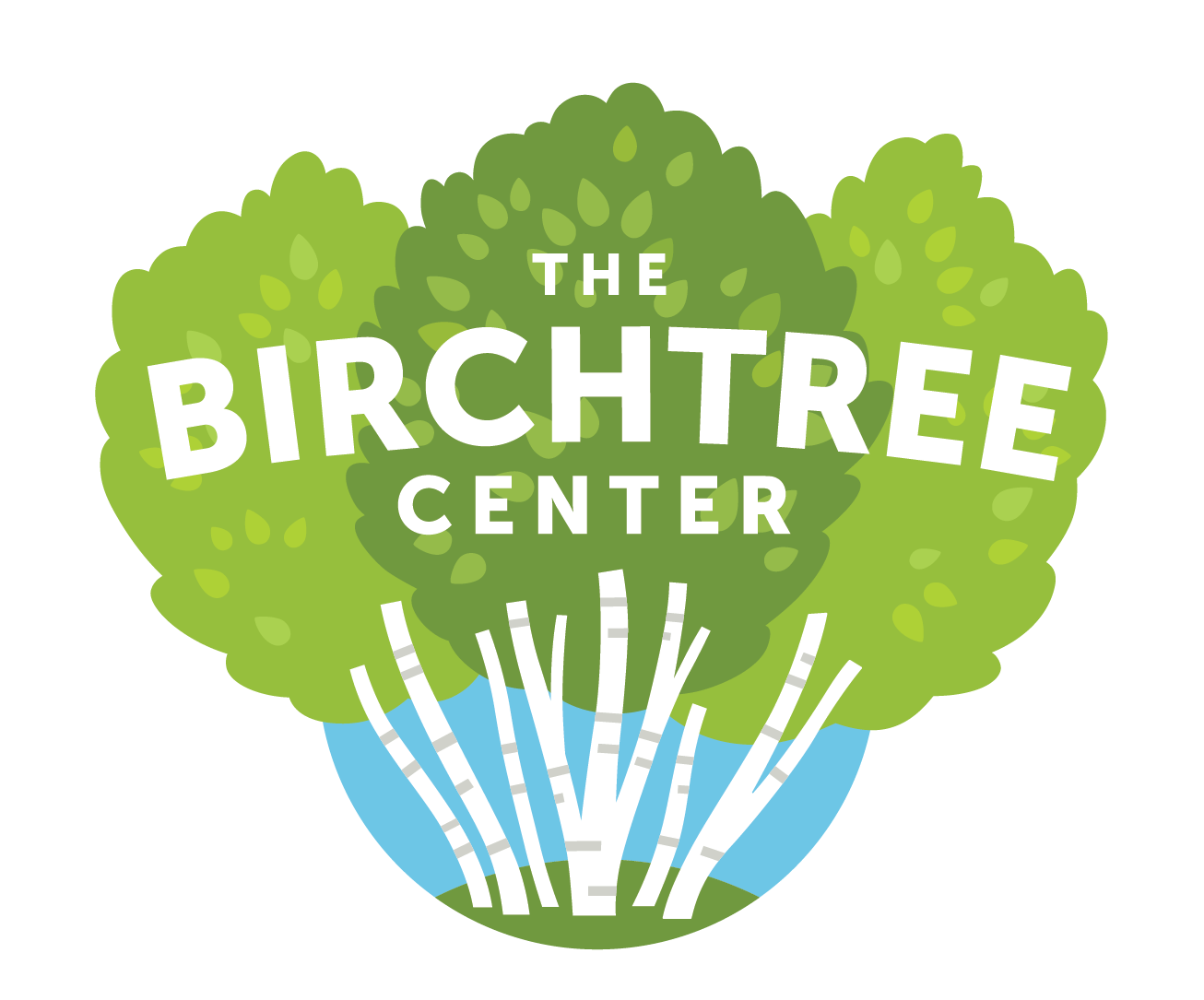What are Autism Spectrum Disorders (ASD)?
ASD refers to a wide spectrum of neurodevelopmental disorders that affect communication, behavior, and social interaction.
Children with ASD have delayed or absent communication skills and may demonstrate repetitive or idiosyncratic use of language. They often have underdeveloped play skills and may engage in repetitive behaviors or adhere to rigid routines.
For more information about the warning signs for autism, visit the U.S. Centers for Disease Control and Prevention website at www.cdc.gov/actearly.
How common is autism?
According to a 2023 report commissioned by the U.S. Centers for Disease Control and Prevention, approximately one in 36 American children has been diagnosed with autism or a closely related neurodevelopmental disorder—a dramatic increase over the past two decades.
What causes autism? Can it be cured?
The causes of this complex disorder remain uncertain. Instructional methods such as Applied Behavior Analysis have proven effective in helping individuals with autism learn to overcome many of the challenges that autism presents. These interventions have proven particularly effective when started during the first several years of a child’s life. For more information about recent research into the causes of and treatments for autism, visit the Autism Speaks website at http://www.autismspeaks.org/science.
Why doesn’t The Birchtree Center refer to its students as “autistic”?
Our students are children or youth who are challenged by autism—but not defined by it. “Oh, he’s autistic!” is quite different than “Oh, that’s Charlie; he has autism.” That’s why we encourage everyone to refer to our students as “children and youth with autism.”
